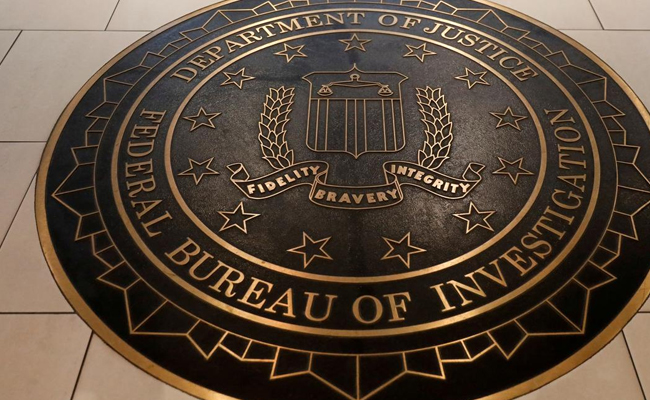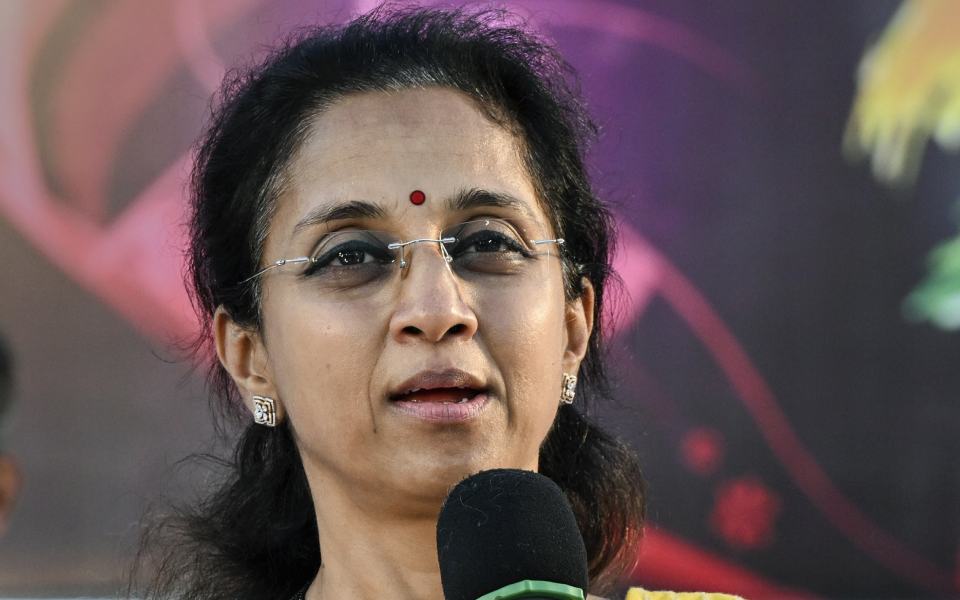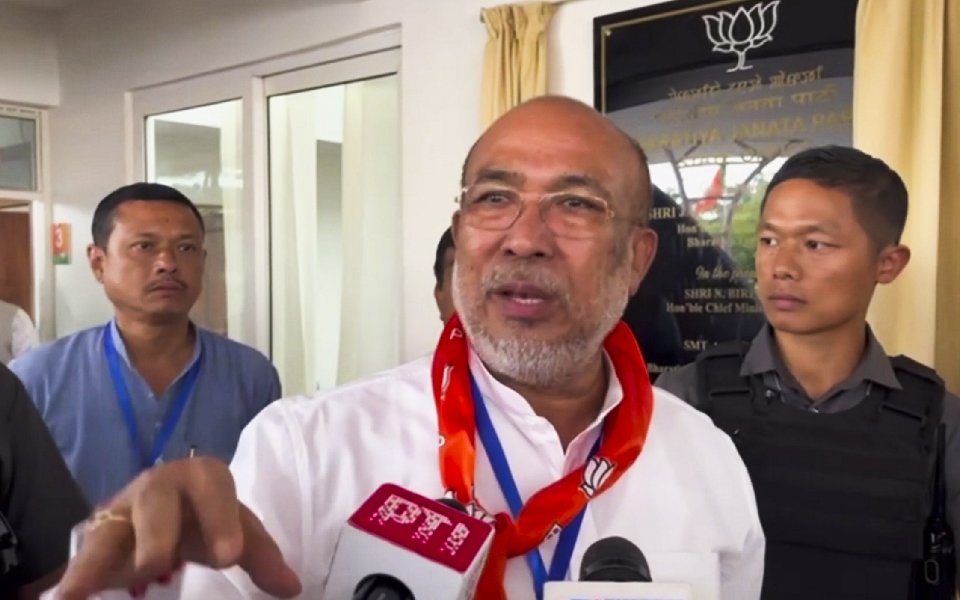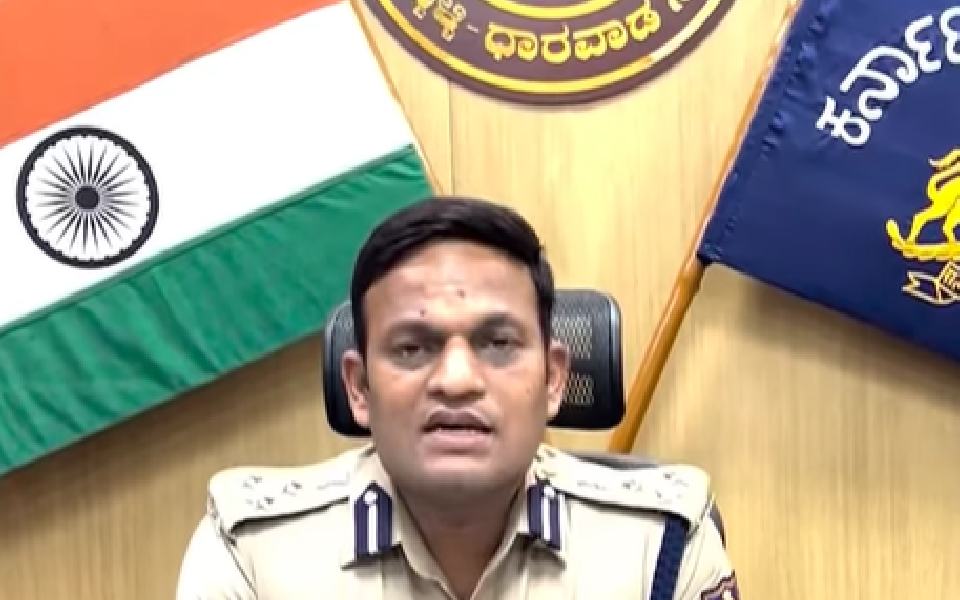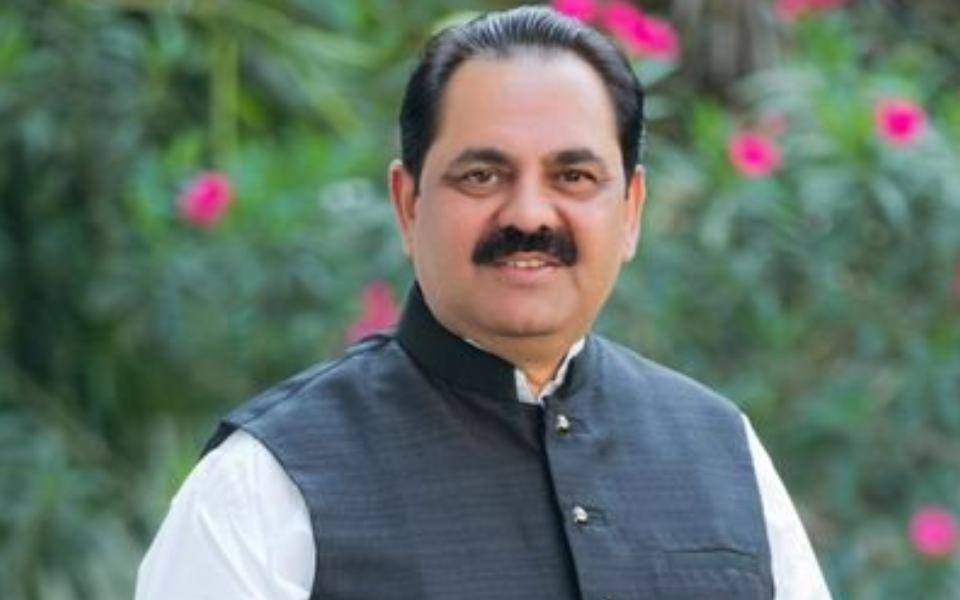New Delhi: In response to over 400 recent bomb threat hoaxes targeting domestic and international flights in India, the Indian government has sought investigative support from the U.S. and Interpol to trace the origins of the calls. New Delhi is reportedly pursuing potential links to pro-Khalistani groups based in the U.S., especially following a recent broadcast by Sikhs for Justice leader Gurpatwant Singh Pannun, who called for a boycott of Air India from November 1-19, aiming to “economically destroy India.”
Sources indicate that the U.S. Federal Bureau of Investigation (FBI) has already begun collaborating with Indian authorities, working to trace calls and emails sent to airlines via social media platforms. Between October 13 and October 28 alone, over 410 flights operated by Indian carriers received bomb threats, with Air India being a primary target. A U.S. Embassy spokesperson in Delhi confirmed the cooperative effort, stating that American law enforcement is assisting in tracking threats affecting U.S. citizens on Indian flights.
In addition to support from the U.S., Indian officials have reached out to Interpol for assistance in obtaining information from Germany and the U.K., where VPN servers connected to the hoax calls are reportedly located. Indian investigators hope to gather data on these virtual networks to advance their probe.
The FBI’s cooperation comes during a sensitive period in India-U.S. relations, following a recent trial involving an Indian official and a businessman accused of an assassination plot against Pannun. India has strongly denied these allegations and appointed a high-level inquiry led by Deputy National Security Adviser Pankaj Singh, who recently traveled to the U.S. for discussions.
Wanted by India since 2020, Pannun has faced multiple charges under India’s Unlawful Activities Prevention Act, including promoting secessionism and inciting communal enmity. Despite his frequent social media broadcasts targeting Indian government agencies and leaders, U.S. authorities have not detained Pannun, citing free speech protections and insufficient evidence linking his statements to terror operations.
In his latest broadcast, Pannun urged followers to disrupt schools managed by the Central Reserve Police Force and Kendriya Vidyalayas in Delhi and Punjab, allegedly targeting Union Home Minister Amit Shah.
Let the Truth be known. If you read VB and like VB, please be a VB Supporter and Help us deliver the Truth to one and all.
Mumbai, Nov 24: Senior NCP (SP) leader Supriya Sule said on Sunday that her party, which won 10 seats in the Maharashtra assembly elections, respects people’s mandate and pledged to work towards a capable, inclusive and progressive state.
In a statement on X, the Baramati MP promised to rebuild their party and said it would move forward with determination despite its dismal show. Her party and its Maha Vikas Aghadi allies Congress and Shiv Sena (UBT) collectively bagged only 46 of the state’s 288 assembly seats.
“We respect and humbly accept the verdict of the people in the assembly elections. This result is a moment for deep reflection and renewal. We will introspect, learn, and rebuild with honesty, hard work, and an unshakable commitment to the values we stand for,” Sule wrote.
She stressed that her party was committed to creating a capable, inclusive, and progressive Maharashtra.
“Our vision of a capable, inclusive, and progressive Maharashtra remains unchanged. We reaffirm our pledge to fight for the rights, dignity, and self-respect of farmers, workers, women, youth, and every marginalised section of society,” Sule stated.
Sule said that her party will continue to carry forward the ideals of Chhatrapati Shivaji Maharaj, Dr Babasaheb Ambedkar, and social reformers like Jyotiba Phule. “We are determined to carry forward the timeless ideals of Shiv-Shahu-Phule-Ambedkar with renewed energy and purpose,” she wrote on the social media platform.
Sule congratulated those who had won in the elections. “We hope you will serve Maharashtra with dedication and prioritise the welfare of every citizen,” she said.
The MP, the daughter of NCP (SP) chief Sharad Pawar, expressed gratitude to the voters, party workers, their MVA allies and the authorities for facilitating the elections.
“A heartfelt thank you to all voters, the diligent workers and leaders of NCP (SP), our Maha Vikas Aghadi allies, the Election Commission, police, administration, media, and everyone who contributed to making this election a vibrant celebration of democracy," Sule added.
Sule said the party would remain focused on its goals and continue its efforts to serve the people of Maharashtra. “We remain steadfast. Our fight continues—with humility, with courage, and with the hope of building a Maharashtra that fulfils the dreams of its people,” she added.
Sharad Pawar suffered the worst-ever defeat in his political career in Maharashtra polls with the NCP faction led by him winning only 10 seats in the 288-member House. His MVA partners Congress and Sena (UBT) got 16 and 20 seats, respectively.
The ruling Mahayuti scored a massive victory with the BJP winning 132 seats, Shiv Sena led by Eknath Shinde emerging victorious in 57, and NCP headed by Ajit Pawar grabbing 41 seats.

